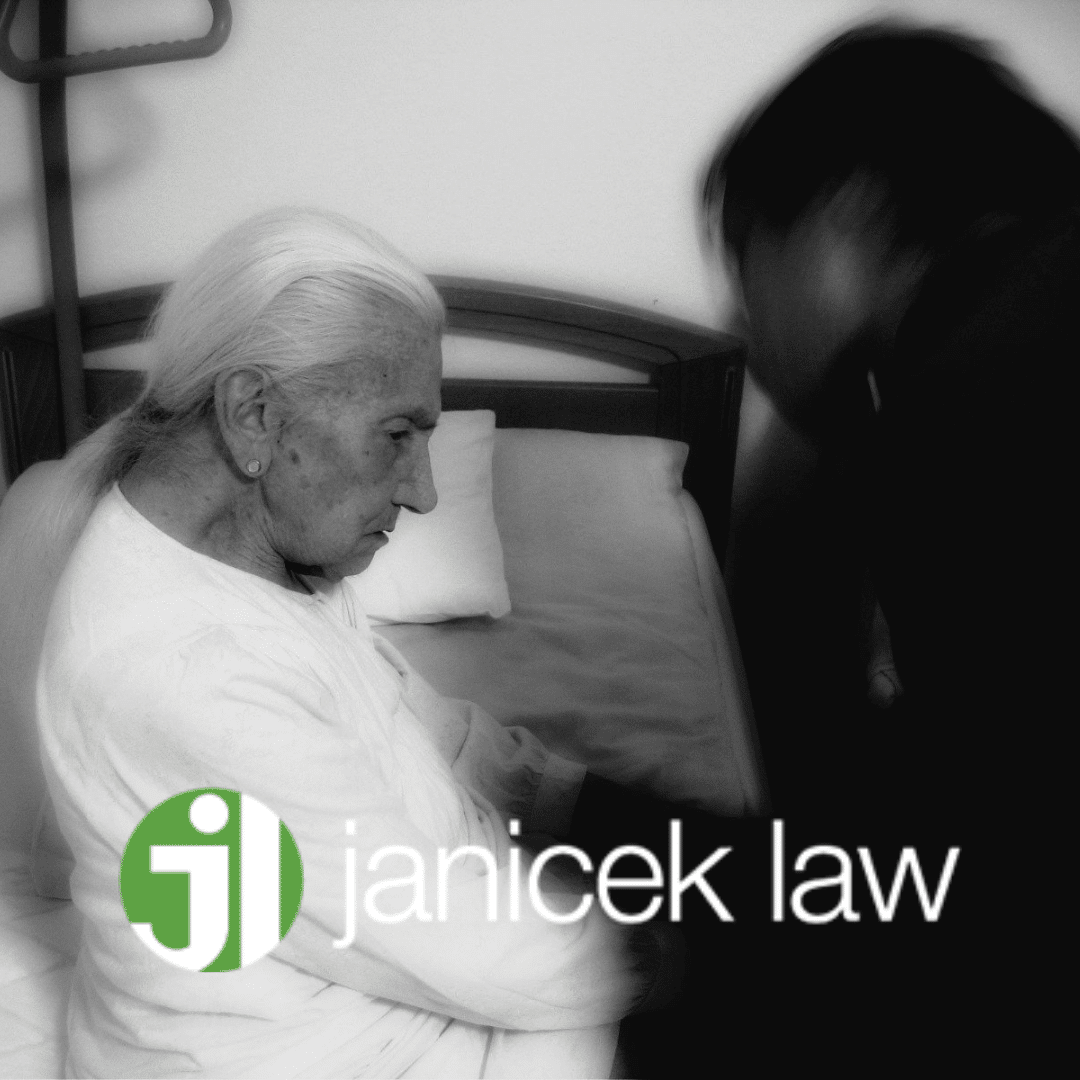If you have a loved one in a nursing home, you may worry about the odds of elder abuse. According to the World Health Organization, about one in six people over the age of 60 experienced some form of abuse in a nursing home or senior community over the past year. Is your loved one at risk of elder abuse?
The Risk of Abuse for Senior Citizens
Seniors who have disabilities or physical dependence have one of the highest vulnerabilities.
Likewise, those with cognitive impairments tend to have a higher likelihood of experiencing abuse and neglect because they rely heavily on their caregivers and cannot always voice their distress. When a senior has social support and does not live alone, he or she may be less likely to experience abuse or neglect.
Other factors that may increase the risk of elder abuse include:
- Low income
- Poor mental health
- Substance abuse
- Financial dependency
Elder abuse includes any act that causes harm to an older person. Those who commit elder abuse are those in a relationship where the older adult relies on or expects trust.
Elder Abuse Prevention
There are a lot of theories on how to prevent elder abuse. Given the workload of many caregivers and nurses, intervention and relief from the burden of caregiving may limit the amount of neglect within a nursing home. Programs designed to prevent financial abuse for older adults may help those vulnerable to financial exploitation recognize the signs.
Additionally, to prevent elder abuse, a response from the criminal justice system, mental health care system, medical care system, and adult protective services is critical.
For seniors, the consequences of abuse may affect physical, mental, and social health.
If you suspect that your loved one is a victim of elder abuse, contact our San Antonio elder abuse attorneys for a free consultation by calling 210-366-4949.

